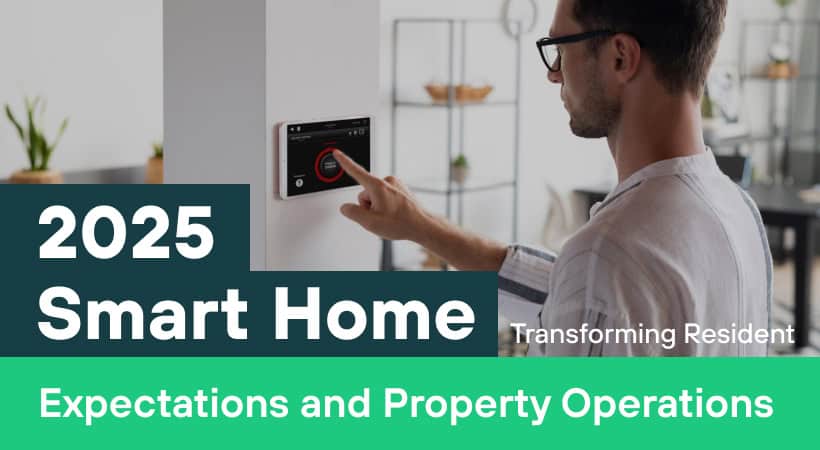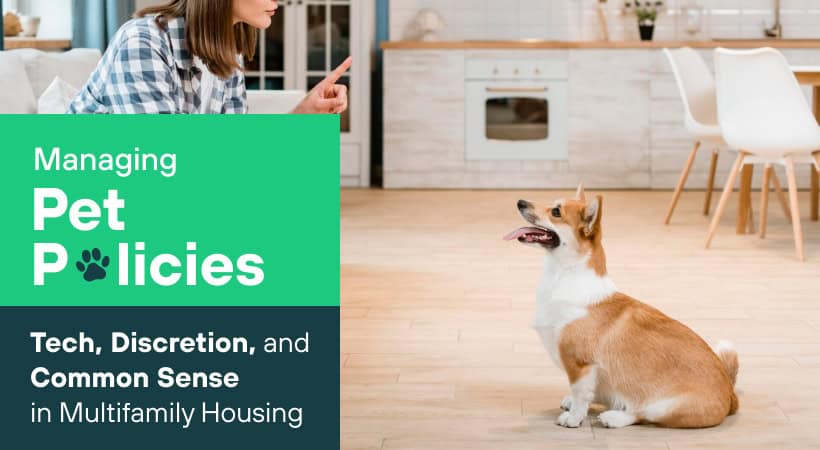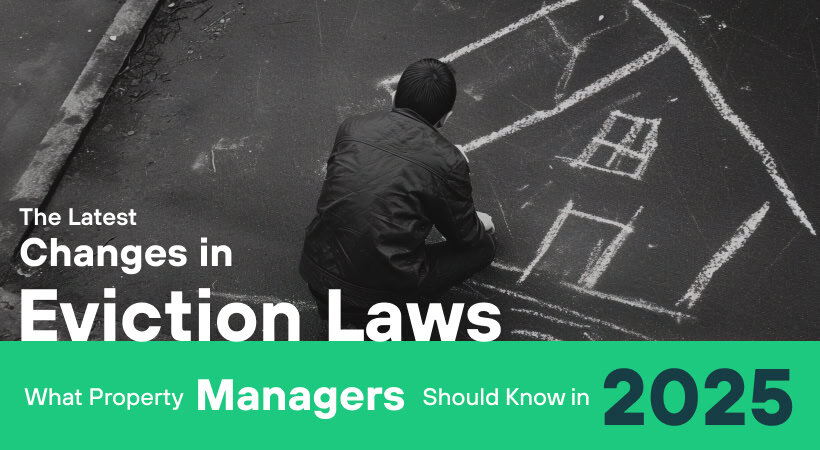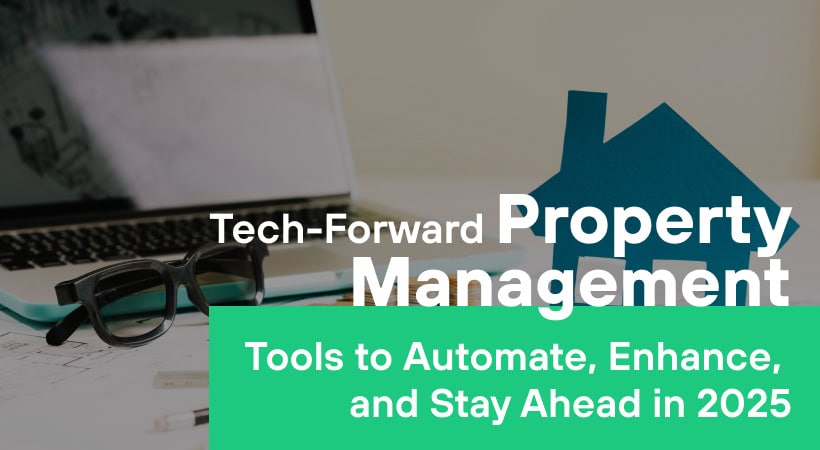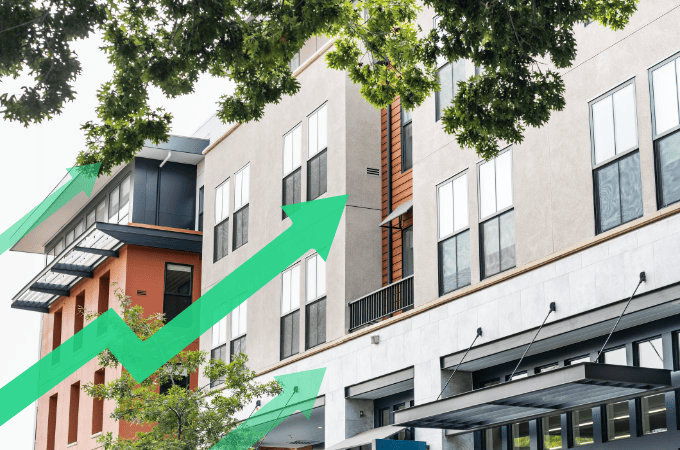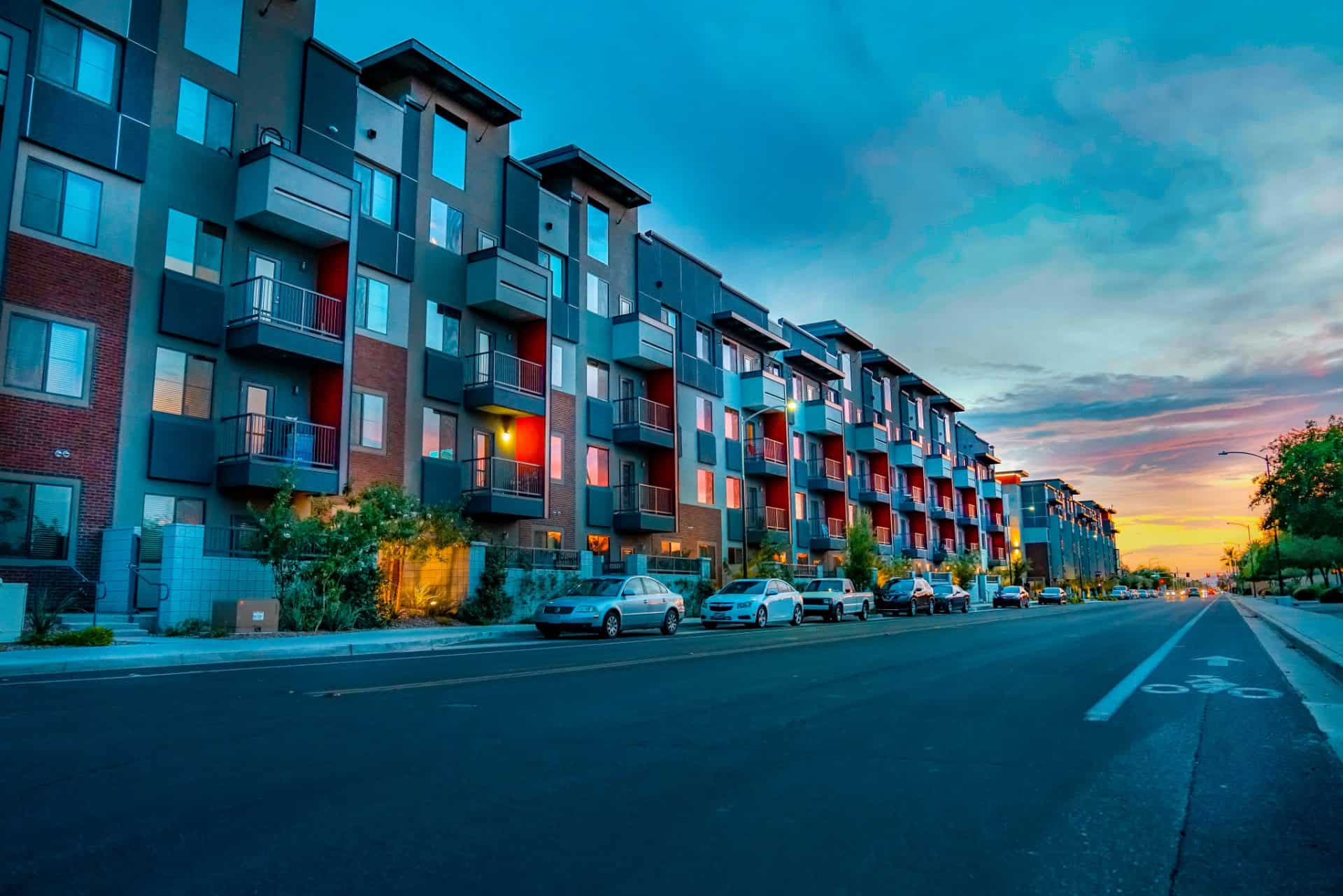Key Takeaways
Improve security and convenience with smart locks and access control.
Reduce utility waste with smart thermostats and energy monitoring.
Streamline maintenance with connected sensors and alerts.
Attract tech-savvy residents with cutting-edge amenities.
Integrate tech with property management systems for full efficiency.
Technology has rapidly changed the way we live, and the multifamily housing industry is no exception. Residents expect more convenience, security, and control than ever before—and smart home technology delivers all that and more. From smart locks to leak sensors, these tools aren’t just futuristic gadgets, they’re practical solutions that can protect your property, streamline operations, and boost resident satisfaction.
Let’s explore how smart home technology is reshaping multifamily property management, and why now is the time to invest.
Enhancing Resident Convenience and Curb Appeal
Smart Locks
Gone are the days of lost keys and expensive rekeying. Smart locks allow residents to unlock their doors with a smartphone or a unique code. These systems also make it easy for property managers to grant temporary access to maintenance teams or vendors without needing to be on-site. For leasing teams, smart locks open the door—literally—for self-guided tours, increasing accessibility and leasing efficiency.
Smart Thermostats and Lighting
Residents love the ability to control their thermostat or lights from anywhere. These features offer convenience and energy savings, which are especially appealing to younger renters and environmentally conscious households. For property managers, these upgrades can help justify premium pricing and attract tech-savvy residents in competitive markets.
Boosting Operational Efficiency
Managing multiple units comes with logistical challenges, especially when it comes to access control, scheduling maintenance, or coordinating turnover between residents. Smart home systems can centralize these tasks:
- Allow maintenance staff to access units remotely with time-restricted codes.
- Automate access changes for move-ins and move-outs.
- Integrate with your property management software to streamline workflows.
All of this reduces administrative burdens, improves response times, and cuts down on common access-related headaches.
Preventing Damage and Reducing Liability
Smart home tech doesn’t just make life easier—it can also help prevent costly disasters.
Moisture and Leak Sensors
Water damage is one of the most common and expensive issues in multifamily housing. Moisture sensors placed under sinks, behind washing machines, or near water heaters can detect small leaks before they become big problems. Real-time alerts let maintenance staff intervene quickly, preventing extensive damage and potentially lowering insurance claims.
Smart Smoke and CO Detectors
These upgraded alarms offer real-time monitoring and remote alerts, providing an extra layer of safety. For management teams, it’s easier to keep track of device health, conduct compliance checks, and ensure timely replacements.
Improving Security and Peace of Mind
Security is a top priority for both residents and property managers. Smart technology adds valuable layers of protection:
- Video doorbells and smart cameras in common areas or building entrances help deter unwanted visitors and provide valuable evidence in the event of incidents.
- Access logs show exactly who entered and exited a unit or shared amenity, which is helpful for resolving disputes or investigating lease violations.
These tools can enhance the sense of safety and trust within your community.
Supporting Sustainability Goals
Smart thermostats, leak detectors, and water-saving technologies can significantly reduce utility usage. Not only is this good for the environment, it can also help properties qualify for green certifications and meet ESG (Environmental, Social, and Governance) goals.
These features appeal to renters who prioritize sustainability and offer long-term cost savings for ownership.
Increasing ROI and Long-Term Value
While there’s an upfront investment in implementing smart home systems, the return can be substantial:
- Improved resident satisfaction and retention.
- Ability to charge tech or amenity premiums.
- Lower maintenance and turnover costs.
- Reduced damage and liability claims.
Smart features can also add long-term value to your property, whether you’re holding it or planning to sell.
Getting Started: Smart Tech with a Smart Strategy
If you’re considering adding smart home technology to your property, keep these tips in mind:
- Start small: Try a pilot program in one building or a handful of units with high ROI features like smart locks and leak sensors.
- Choose compatible systems: Look for open platforms that integrate with your existing management software.
- Educate your team and residents: Provide clear instructions and support to ensure adoption and comfort.
- Keep cybersecurity top of mind: Protect your residents’ data and ensure your systems are secure and updated regularly.
Final Thoughts
Smart home technology isn’t just a flashy upgrade, it’s becoming an expectation. As resident demands evolve and operational efficiency becomes more critical, property managers who embrace smart solutions will have a competitive edge.
From protecting your assets to creating a better living experience, smart home tech represents the future of multifamily management. The key is to approach it with strategy, simplicity, and a focus on what will bring the most value to your property and your residents.
